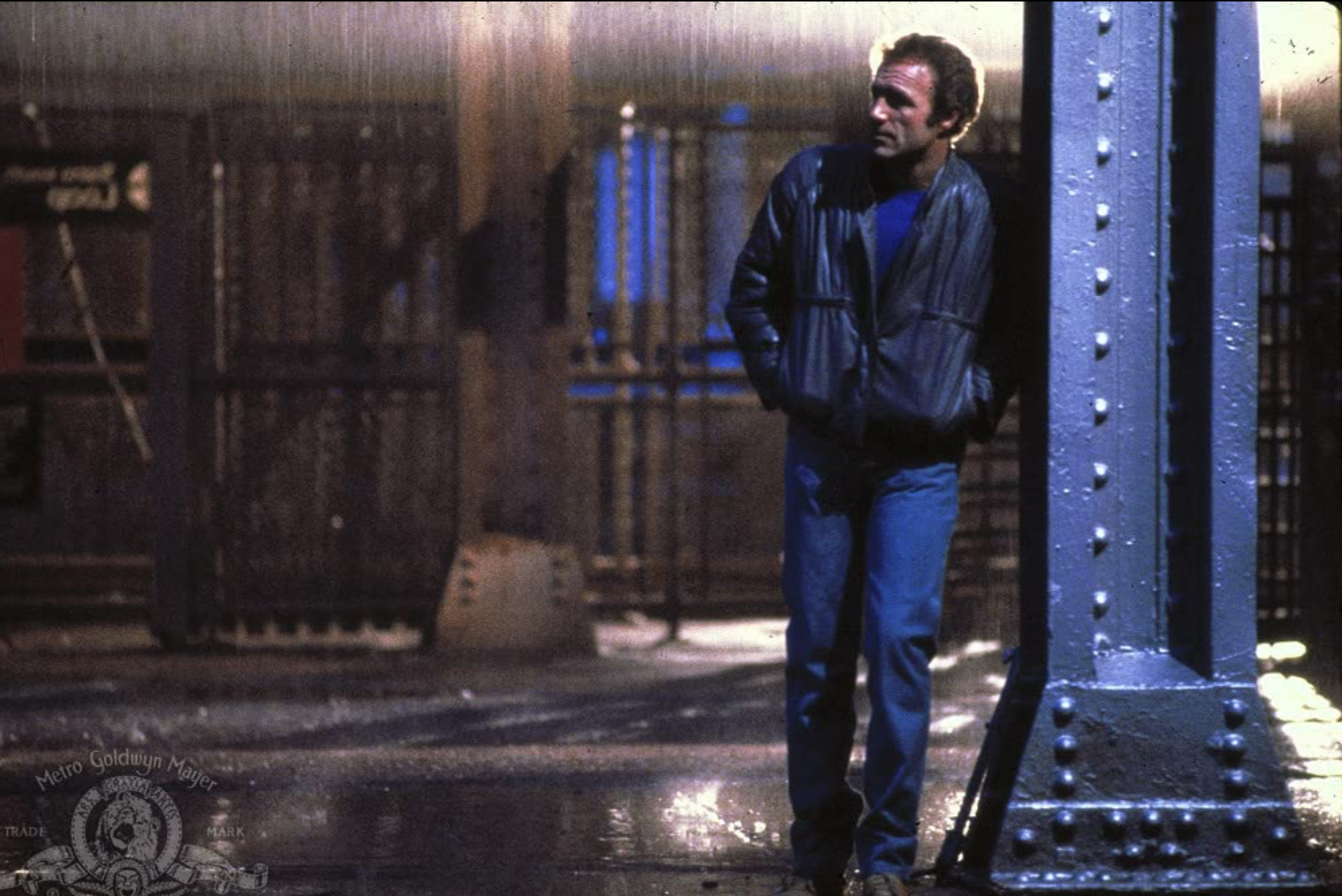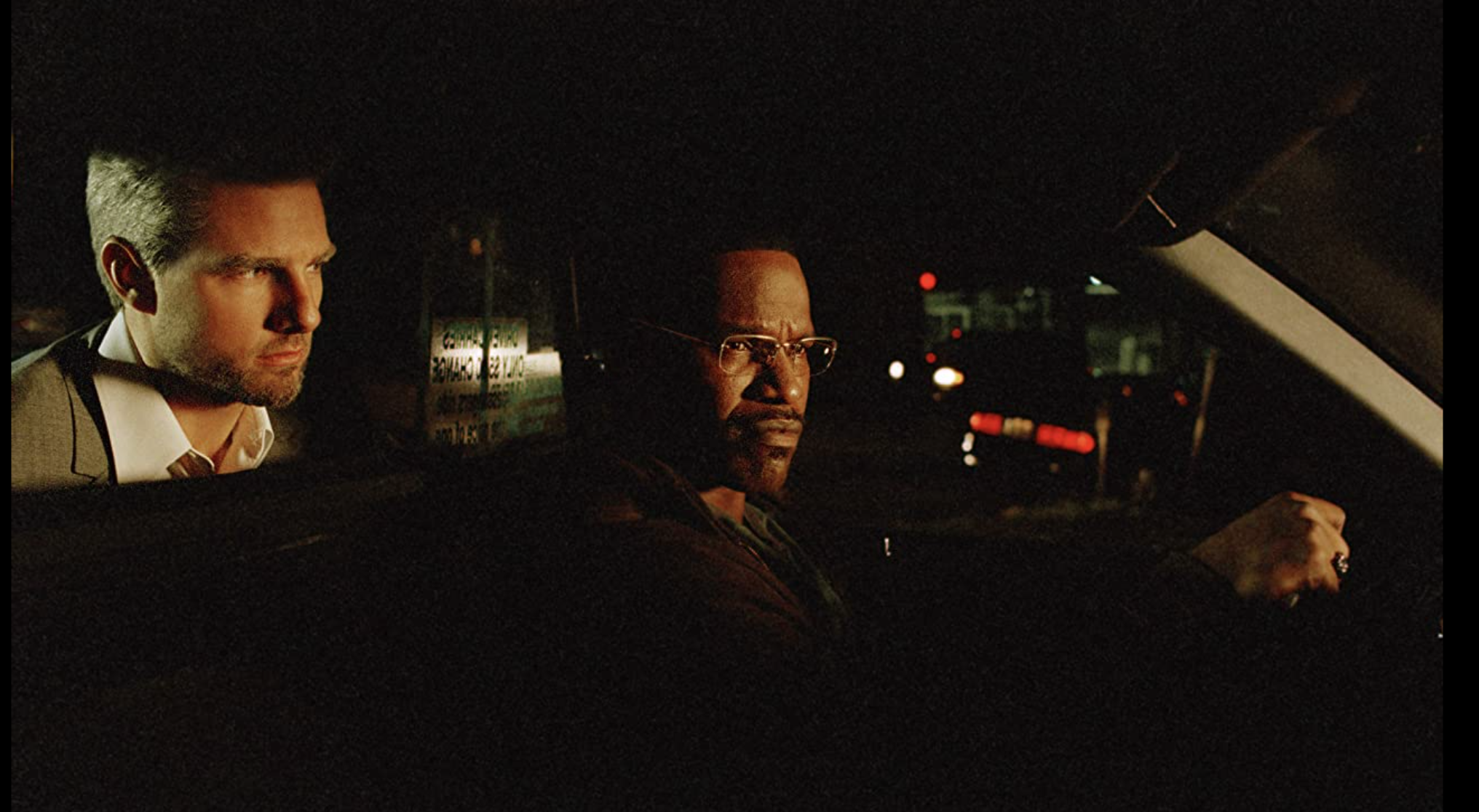Leveling the Playing Field: Irresistible
“Liberal and conservative have lost their meaning in America. I represent the distracted center.” – Jon Stewart
If you were to look up “cypher” in the dictionary, you’d get a picture of Jon Stewart. Just when you think you have him figured out, he puts out a film like Irresistible, that puts the audience’s understanding of subjective politics to the test. In a moment when many of us are trying to visualize a reformed political system, Jon Stewart offers his solution in the form of this cathartic and entertaining tale of a political strategist that sets his sights on a middle-America farming town as his target for electoral interference.
Politicians love throwing the term “grassroots movement” around when they try to package campaign efforts as being down-to-Earth, relatable or humble. In Irresistible, what we see behind the curtain of these tactics is condescension. Gary Zimmer (Steve Carell) is the Democrat party’s premier electoral consultant in the country, and when he finds a viral video of former USMC Colonel Jack Mitchell (Chris Cooper) giving his two cents on the state of his failing hometown in Wisconsin to its city council, Gary finds a new pawn in the Democrats’ chess game. He convinces the Colonel to run for mayor of the town with the hopes that it will bring the attention of the national media, and give credibility to their side in the upcoming presidential election. Gary gets exactly what he hopes for which includes his rival in the Republican party, Faith Brewster (Rose Byrne), coming in to help the other candidate and thus playing right into his hand.

This is sharp satire, and the true nature of the film’s bite isn’t revealed until the conclusion (don’t worry, no spoilers here). What helps the film is actually something that we usually would not praise at RV; its lack of balance. Although the local Midwesterners’ kindness and hospitality is very effectively and hilariously parodied, they are not the joke of this film. Although we follow Gary as our guide into this film’s story, he is not a clear-cut protagonist. He checks all of the boxes of what we disdain about the political machine. He claims to be fighting for the disenfranchised while he also takes advantage of them. He tries to make his clients run on a platform of being honest and genuine while also manufacturing the outcome of every single action or event they take part in.

We’ve droned on about the smoke and mirrors of the political system, but what Stewart does with this film is humanize the victims. The victims of this are the American voters who want the best for one another and treat people with respect regardless of what headlines say about them. Regarding the aforementioned lack of balance, Stewart’s biases in the film favor the American public in pretty much every aspect. It’s been clear by his rhetoric following his exit from The Daily Show, that he is unhappy with the level of snark and disingenuousness coming from the comedic news and late night programming of the moment (perhaps his own former show included). As such, Stewart has one goal in mind: showing the media how it feels to be played with like they do their audience. Again no spoilers, but any human quality he attaches to the characters who represent the political machine in this film are given for an ulterior motive.

Somehow the moral high ground exists for this film on the basis of its revenge fantasy. For too long, coastal elitism has looked down upon the average-Joe American, despite the fact that they far outnumber the elites. Stewart has crafted a plausible circumstance that would allow the “silent majority” of the nation to establish its own dominance over the propagandists that claim to be acting in their interest. This is a revenge fantasy the way that The Equalizer is one for those who suffer at the hands of petty criminals, or the way John Wick is for dog lovers. Jon Stewart doesn’t provide a tangible solution in the form of legislation or pragmatism. His solution is in our attitude as a voting body, as cliche as that sounds. If we all stopped giving credence to talking heads and political pundits on television, then what power would they truly have over us? If we stopped giving our money to virtue-signaling non-profits and political organizations, and rather spent our money on individual projects that could actually benefit our neighbor, then could we imagine a world where good things were truly accomplished?
It almost feels like a badge of honor that this film was met with mixed reviews by the majority of film critics. It attacks the very system they are in favor of, and empowers the demographic that they too condescend for their tastes in film and political affiliations. The creativity and prowess on display by Stewart is astounding, and his willingness to be a critic of an industry that would normally hail him is commendable. Unfortunately the state of the country and this election cycle wouldn’t allow the efforts of everyone involved with this film to be rewarded. If anything though, the cynicism directed at this film by the entertainment industry only further proves that their underestimation of the audience will serve as their undoing.











Comments